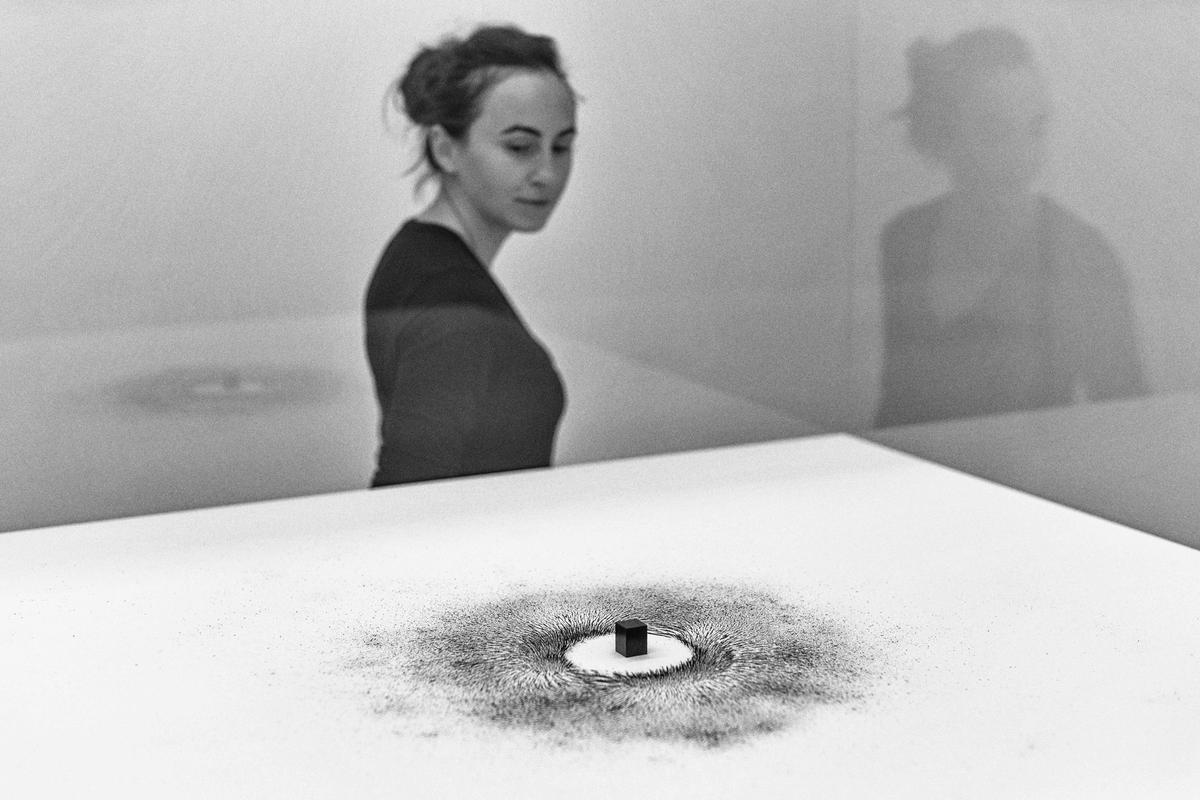Throughout the coronavirus pandemic, the World Health Organisation (WHO) has been both the instigator and beneficiary of various art initiatives.
Now, in collaboration with Christie’s, the WHO Foundation and UN75, the WHO has announced a "cultural call-to-action" in the face of Covid-19 in the form of a year-long series of sales at Christie's titled The Future is Unwritten’s Healing Arts Auction series. This is part of a broader programme called The Future is Unwritten, a project started by Culturunners and the World Council of Peoples for the United Nations which was launched in 2020 as part of UN’s 75th Anniversary Program (UN75).
All proceeds will benefit the WHO Foundation, which promotes the arts to as a form of mental health support, and The Future is Unwritten’s Artist Response Fund, which supports healthcare related artist-led projects.
The sales will happen across multiple locations between November and December next year, spanning everything from art and jewellery to cars. "The works are being donated by artist studios, galleries, collectors and estates," says Stephen Stapleton, the founding director of Culturunners, who initiated the idea along with Christopher Bailey, the head of art and health at the WHO, and Danielle Sweet, the arts and culture chair at the World Council of Peoples for the United Nations. "We are also collaborating with artists on new works and charity editions to support the initiative," Spender adds.
The first work to be sold will be Magnetism (2012), an installation by the Saudi Arabian artist Ahmed Mater which is estimated to make £80,000 to £120,000 in Christie's Middle East Contemporary Art Sale in London in November. The installation is centred on a magnet reminiscent of the black draped Kaʿbah—the building at the centre of the Great Mosque of Mecca in Saudi Arabia—which is surrounded by tens of thousands of spiralling iron filings evoking the crowds of the annual Hajj pilgrimage to Mecca.
“Art has a unique ability to help us comfort, confront, contextualise and create community," says Bailey. "And when embracing science and evidence as a bedrock, art and culture can help us imagine a better way forward to a positive future.”


